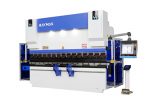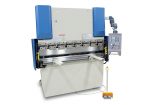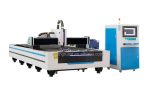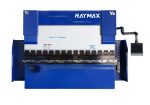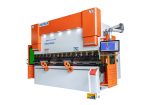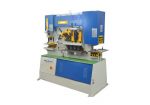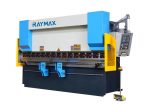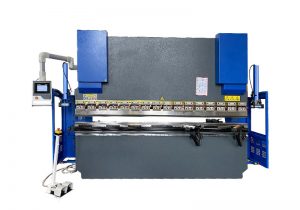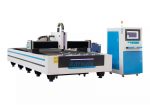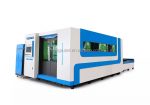Introduction:
In the world of manufacturing, mechanical punch press machines are considered a staple for any metalworking or metal stamping process. These machines are designed to create holes, cutouts, or perforations in a variety of materials with high accuracy and consistency. Mechanical punch press machines are an essential tool for manufacturers as they offer a range of benefits, including increased productivity, versatility, and cost-effectiveness.
In this blog post, we will explore the world of mechanical punch press machines and provide a comprehensive guide to their features and functions. Whether you're a seasoned expert or new to the industry, this guide will offer valuable insights to help you make informed decisions when it comes to purchasing and using a mechanical punch press machine.
So, let's get started by understanding what mechanical punch press machines are and how they work.
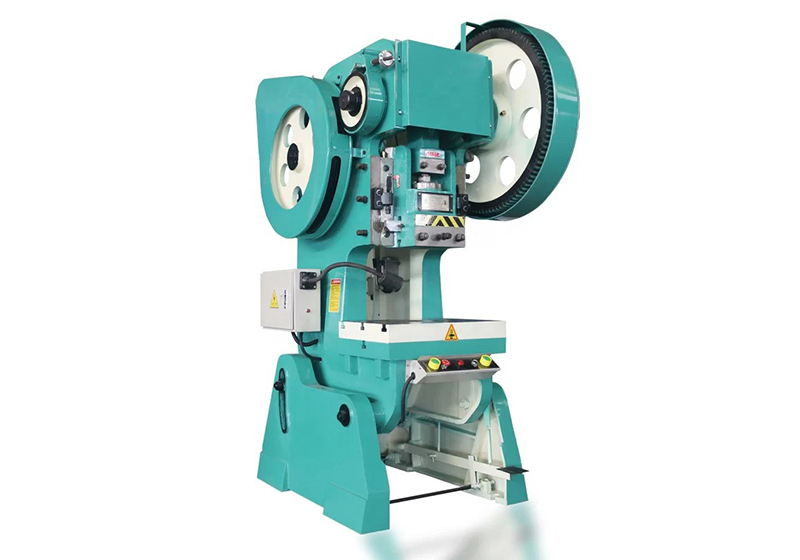
What is a mechanical punch press machine?
A mechanical punch press machine is a mechanical device that is used to create holes, cutouts, or perforations in a wide range of materials, including metal, plastic, and composites. The machine is designed to punch a tool through the material, resulting in a precise and clean cut. Mechanical punch press machines come in various shapes and sizes, and their capabilities range from small tabletop units to large industrial machines.
Mechanical punch press machines operate on the principle of converting rotational motion into linear motion. The machine's motor provides rotational energy that drives a flywheel, which converts the energy into linear motion. This motion is then transferred to the punch tool, which creates the desired hole or cutout in the material.
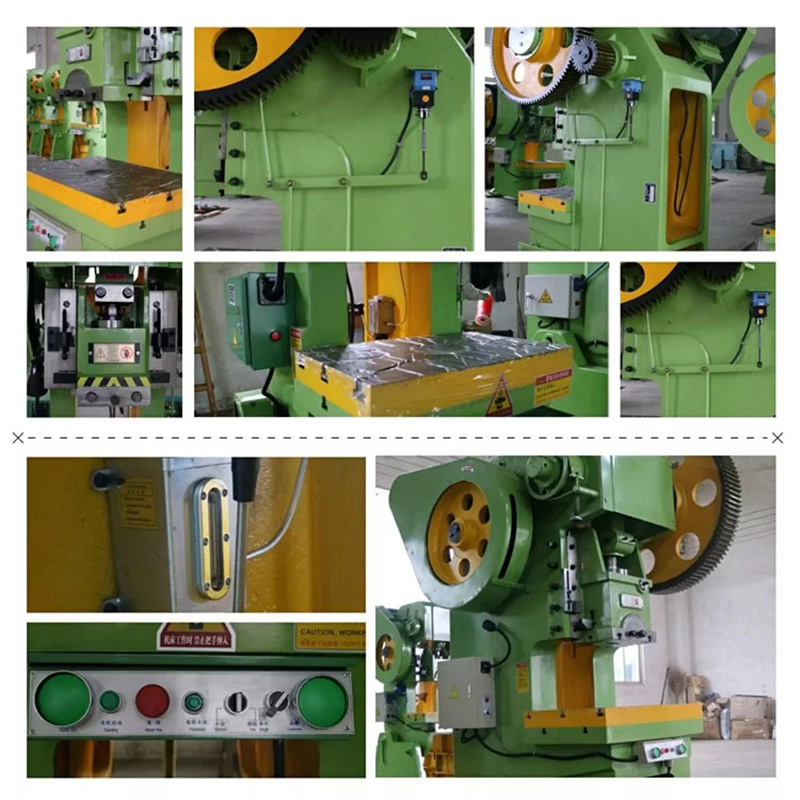
There are several types of mechanical punch press machines available, each with its unique features and functions. The most common types include mechanical power press machines, mechanical eccentric press machines, and mechanical toggle press machines. Mechanical power press machines are the most powerful and versatile, while mechanical toggle press machines are smaller and more compact.
In the next section, we will explore the features and capabilities of mechanical punch press machines in more detail.
Features of mechanical punch press machines
Mechanical punch press machines offer a range of features and capabilities that make them an essential tool for manufacturing. Some of the critical features of these machines include:
Power and force capacity: The power and force capacity of a mechanical punch press machine determine its ability to work with different materials and thicknesses. Machines with higher power and force capacities can work with more robust and thicker materials.
Stroke length and speed: The stroke length and speed of a mechanical punch press machine determine how quickly and efficiently it can create holes or cutouts. Machines with longer stroke lengths and higher speeds can produce more parts in less time.

Material capacity: The material capacity of a mechanical punch press machine determines the size of the material that it can work with. Machines with larger material capacities can work with larger sheets of material, reducing the need for frequent material changes.
Automation and controls: Many modern mechanical punch press machines offer automation and control features, such as programmable logic controllers (PLCs), to streamline the production process and improve efficiency.
Safety features: Mechanical punch press machines come with various safety features, such as guards, interlocks, and emergency stops, to protect operators from potential hazards and accidents.
Understanding the features of mechanical punch press machines is crucial when choosing the right machine for your manufacturing needs. In the next section, we will explore the benefits of using mechanical punch press machines in more detail.
Benefits of using mechanical punch press machines
Mechanical punch press machines offer a range of benefits that make them an attractive tool for manufacturers. Some of the significant benefits of using mechanical punch press machines include:
Increased productivity and efficiency: Mechanical punch press machines can produce a large number of parts quickly and efficiently, reducing the time and effort required for manual production.
High level of precision and accuracy: Mechanical punch press machines offer high accuracy and precision in creating holes and cutouts, resulting in consistent and repeatable parts.
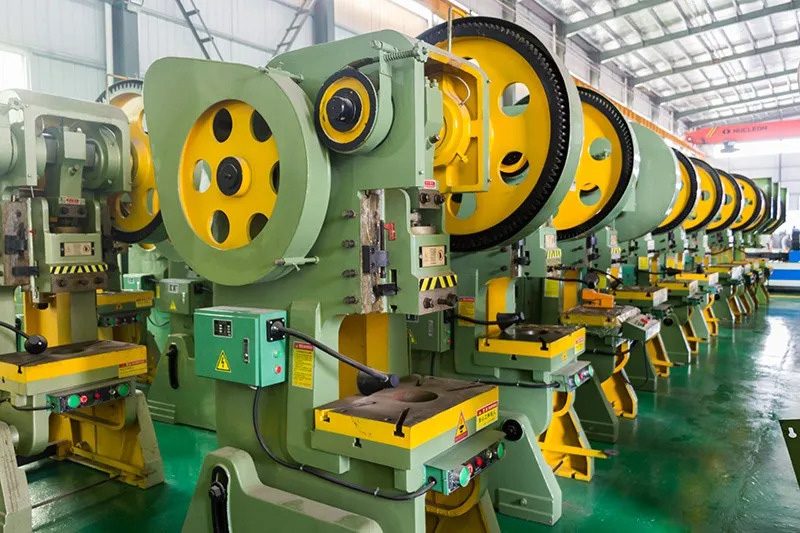
Versatility and adaptability: Mechanical punch press machines can work with a wide range of materials and thicknesses, making them suitable for a variety of applications.
Cost-effectiveness: Mechanical punch press machines offer cost savings in production compared to manual labor or other automated solutions. They are also easy to operate and require minimal training.
By using mechanical punch press machines, manufacturers can streamline their production process, reduce waste, and achieve a higher level of efficiency and accuracy in their operations. In the next section, we will explore some considerations for selecting a mechanical punch press machine.
Considerations for selecting a mechanical punch press machine
When selecting a mechanical punch press machine, there are several factors to consider to ensure you choose the right machine for your manufacturing needs. Some of the critical considerations include:
Type of machine: The type of mechanical punch press machine you choose will depend on the materials and thicknesses you will be working with, as well as the size of the parts you need to produce.
Power and force capacity: The power and force capacity of the machine should match the materials and thicknesses you will be working with. Choosing a machine with a higher capacity can provide more flexibility and versatility.
Stroke length and speed: The stroke length and speed of the machine should be considered based on the production volume required for your manufacturing process. Machines with longer stroke lengths and higher speeds can produce more parts in less time.
Material capacity: The material capacity of the machine should match the size of the material you will be working with. Choosing a machine with a larger material capacity can reduce the need for frequent material changes, improving efficiency.
Automation and controls: Consider the level of automation and control features required for your manufacturing process. Programmable logic controllers (PLCs) can provide a higher level of automation and control, improving efficiency and productivity.
Safety features: Ensure the machine you choose comes with adequate safety features to protect operators from potential hazards and accidents.
Choosing the right mechanical punch press machine can significantly impact the efficiency and productivity of your manufacturing process. By considering these factors, you can make an informed decision and choose a machine that meets your needs and requirements.
Conclusion
In conclusion, mechanical punch press machines are essential tools for manufacturers. They offer a range of features and capabilities that enable them to produce a high volume of parts with precision, accuracy, and efficiency. The benefits of using mechanical punch press machines include increased productivity, versatility, and cost-effectiveness, among others.
When selecting a mechanical punch press machine, manufacturers should consider several factors, including the type of machine, power and force capacity, stroke length and speed, material capacity, automation and controls, and safety features. By considering these factors, manufacturers can choose the right machine for their specific needs and requirements.
In summary, investing in a mechanical punch press machine can significantly improve the efficiency and productivity of your manufacturing process, leading to cost savings and higher quality parts. With the right machine, you can streamline your production process and achieve consistent and repeatable results, meeting the demands of your customers and staying competitive in the market.

